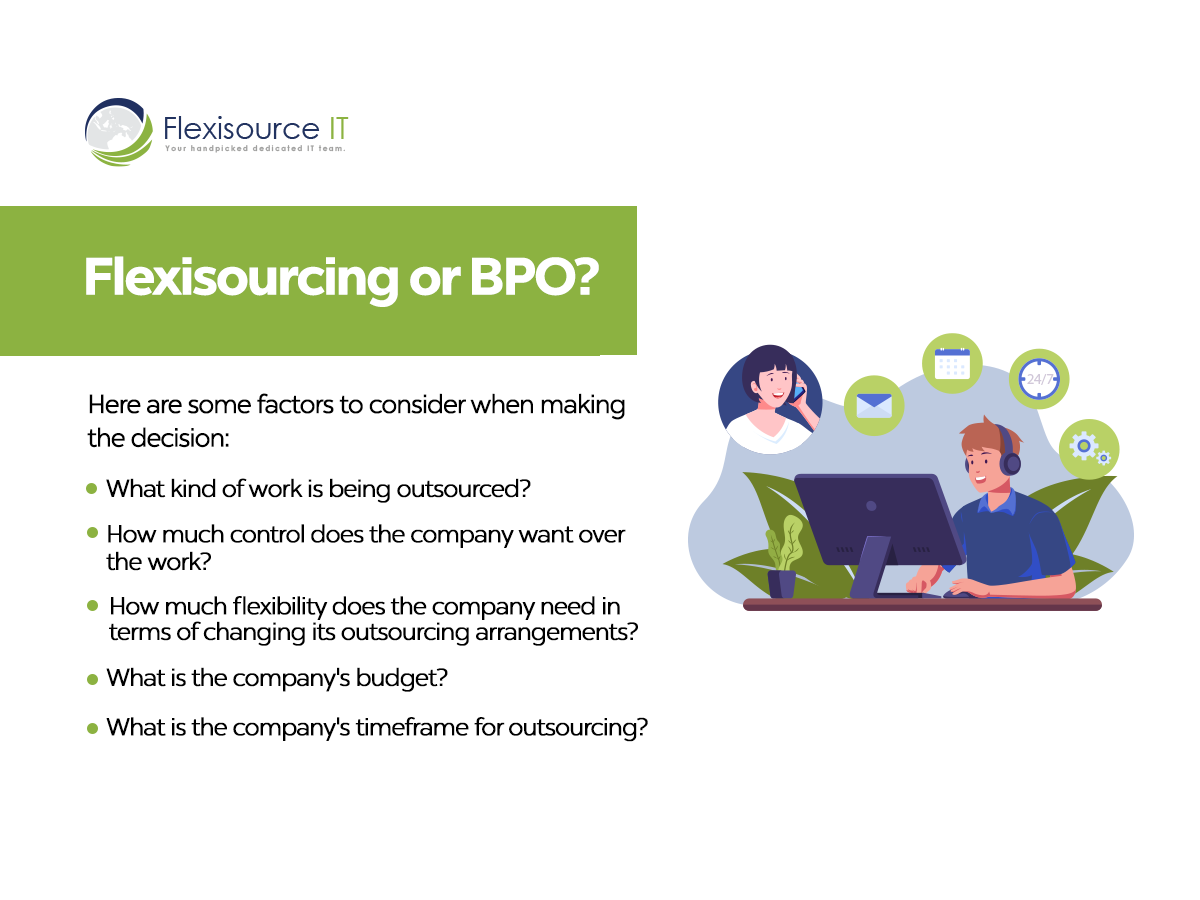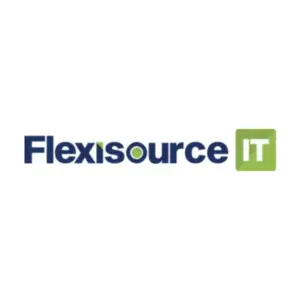When it comes to business, outsourcing can be a confusing concept. What is it? What are the benefits? Is it the right setup for you and your company?
Outsourcing is contracting out specific business functions to a third party. This could be anything from customer service and tech support to digital marketing and data entry.
There are a number of benefits to outsourcing that businesses can take advantage of. One of the most obvious pros of outsourcing is cost savings. When a business outsources, it can save money on everything from labour costs to overhead.
Additionally, businesses can benefit from the expertise and specialisation of the outsourcing company. By working with an experienced outsourcing partner, businesses can focus on their own core competencies and strengths.
In recent years, the trend of outsourcing has exploded. Businesses of all sizes are looking to outsource their non-core functions in order to save money and focus on their strengths. The most popular type of outsourcing is probably business process outsourcing (BPO).
However, there is a new type of outsourcing that is slowly revolutionising remote work as we know it. Flexible outsourcing or flexisourcing, true to its name, is a relatively new way of outsourcing with a strong emphasis on the flexible use of resources.
This type of outsourcing is ideal for businesses that are looking for short-term solutions or need help with specific tasks on a temporary basis.
In this article, we will be taking a closer look at BPO and flexisourcing to see which setup would work best with your business and business needs.
What is Flexisourcing?
Some companies are turning to flexisourcing, a hybrid of contracting and outsourcing, as a way to get the best of both worlds. With flexisourcing, companies can contract out specific work or services on an as-needed basis instead of hiring full-time employees.
This allows businesses to pay for only the services they need and avoid the costs associated with having a full-time employee. It also gives them the flexibility to quickly ramp up or down their workforce depending on business needs.
The term “flexisourcing” was first coined by Richard Gross. Founder and CEO of Flexisource IT, Gross argued that this approach offered several advantages, including greater flexibility and cost savings.
Pros of Flexisourcing
Flexisourcing is a great way to get the benefits of both outsourcing and in-house staffing. You can save money because you only pay for the services you need. You can also get the expertise of an outside company while maintaining control over your project.
This type of outsourcing allows you to quickly scale up or down your staff as needed. You also have the flexibility to switch providers if you’re not happy with their work.
Flexisourcing helps you avoid the costs and hassle of recruiting and training new employees, but it can also reduce the risk of layoffs during tough times.
Flexisource IT is an IT outsourcing company in the Philippines and one of the pioneers of flexisourcing. We specialise in using the agile methodology for project management, specifically using the Scrum and Kanban methods. We have found great success in using these techniques, which allow for more flexibility and adaptation to change.
We are able to quickly respond to customer needs and changes in the market, which gives them a competitive edge.
But why are you in better hands with companies that practice the agile framework?
Well, it is simple. Agile helps improve communication between the company and our clients. It encourages regular communication through short, frequent meetings, which helps ensure that everyone is always on the same page. This leads to a smoother, more efficient project flow and reduces the likelihood of misunderstandings or conflicts arising.
And because tasks are completed in shorter cycles, there is less wasted time due to re-working tasks or fixing errors.
Cons of Flexisourcing
In a nutshell, flexisourcing describes a scenario in which a company contracts out specific work or services to a third-party provider on a short-term or project-by-project basis. It allows businesses to reduce costs, access specialised skills, and respond quickly to changing market conditions.
However, there are also several potential drawbacks to consider before making the decision to flexisource.
You have to consider cultural differences. When working with a third party located in another country, it is important to be aware of the cultural differences and how they may impact the project.
For example, what may be seen as polite or rude behaviour in one culture may not be understood or respected in another. In addition, language barriers can create communication problems and lead to misunderstandings.
Also, there can potentially be a lack of trust and transparency when working with external partners, which can lead to misunderstandings and affect project timelines.
What is Business Process Outsourcing?
The term “BPO” is a broad one and can refer to a wide range of services. At its core, BPO is contracting out business processes to a third-party service provider. This could include anything from customer service and technical support to HR and accounting.
BPO services can be delivered in a variety of ways, including on-site, off-shore, or through a mix of both. On-site services are delivered by the provider in close proximity to the customer, while off-shore services are delivered in another country. A mix of on-site and off-shore services is often referred to as nearshoring.
BPO providers typically offer a menu of services that businesses can choose from depending on their needs. This flexibility makes BPO an attractive option for businesses of all sizes.
Pros of BPO
By outsourcing certain processes to a BPO, businesses can improve communication between departments and with customers. This improved communication can lead to better customer service and a more efficient business operation.
Additionally, BPOs often have specialised knowledge and experience in certain areas that businesses may not have in-house. This expertise can lead to cost savings and improve the quality of services provided by the business.
Aside from improved communication, businesses can rely on enhanced customer service and increased efficiency when outsourcing via BPO companies.
Cons of BPO
The main advantage of BPO is that it allows companies to focus on their core competencies while reducing costs. However, there are also some disadvantages to BPO.
One disadvantage is that companies may lose control over their data and processes when they outsource them to a third party. This can be a security risk, as the third party may not have the same commitment to protecting the company’s data as the company itself does.
Also, BPO can often be expensive, especially if the provider is located in a different country than the company outsourcing its processes. This can lead to higher costs for the company overall.
Lastly, opting for BPO requires a long-term commitment in order to be successful. If you only need assistance temporarily, it might not be a compatible setup with your company.
Keep in mind that BPO is not a quick fix; it requires time and effort to set up and manage correctly. It’s important to research different providers and find one that fits your needs and budget.
How to Choose Between Flexisourcing and BPO

When it comes to business processes, there are a few different options for outsourcing. You can outsource through flexisourcing or you can use a business process outsourcing (BPO) company. Each option has its own benefits and drawbacks. Here’s how to choose between flexisourcing and BPO:
First, decide what processes you want to outsource. Not all processes are suitable for outsourcing, so be sure to pick the ones that will have the biggest impact on your bottom line. Once you’ve decided on the processes, research different flexisourcing and BPO companies to find the one that best meets your needs.
Next, consider the cost of each option. You should have a careful budget in mind. But remember, cheap does not automatically mean quality. To get the quality service your business needs, you need to find professional companies with highly-skilled experts—and these do not come cheap.
The important thing is to understand your needs and choose a company that can help you achieve your goals.
If you are still on the fence about what type of setup would work best for your company, here’s a quick rundown of things you need to consider:
- What kind of work is being outsourced?
- How much control does the company want over the work?
- How much flexibility does the company need in terms of changing its outsourcing arrangements?
- What is the company’s budget?
- What is the company’s timeframe for outsourcing?
The Bottom Line
There is no easy answer when it comes to flexisourcing versus business process outsourcing. It is important to weigh the pros and cons of each option and consider what is best for your company.
Flexisourcing is the best option for companies that want to outsource specific business processes without giving up too much control. It allows companies to maintain a certain level of flexibility and control while still benefiting from the cost savings and efficiency gains that come with outsourcing.
If you’re considering outsourcing a business process, flexisourcing is definitely worth exploring.
To learn more about flexisourcing, visit our website.







